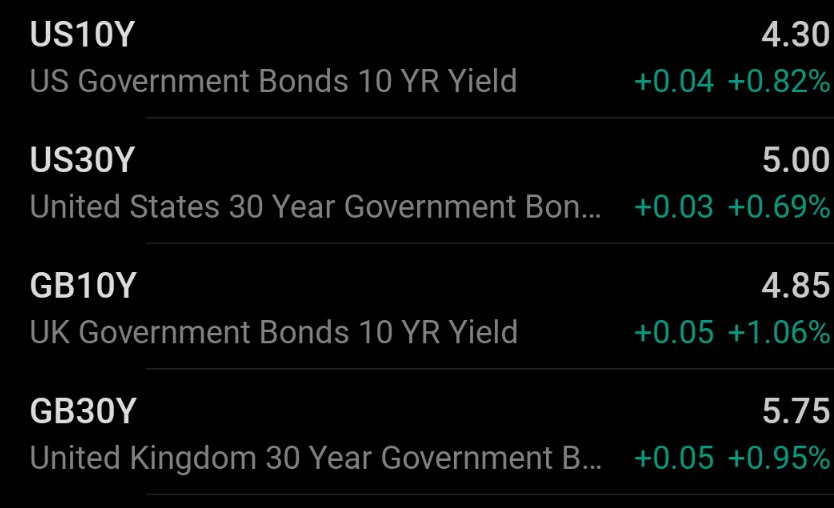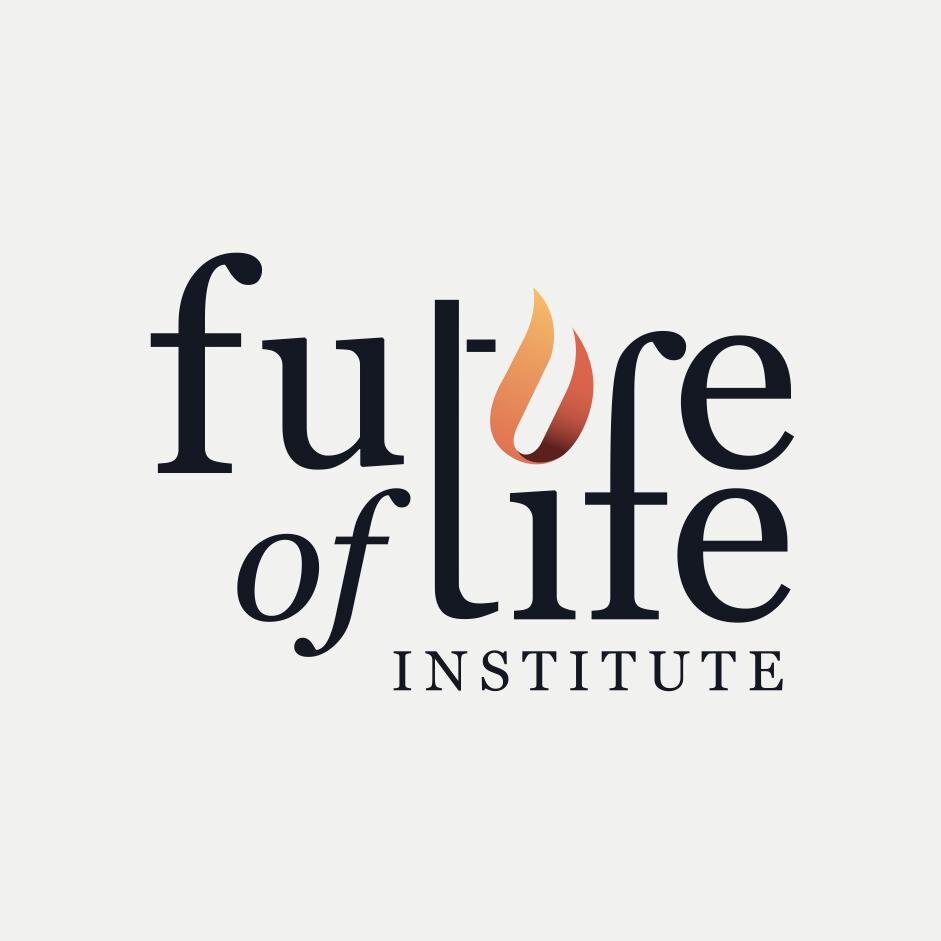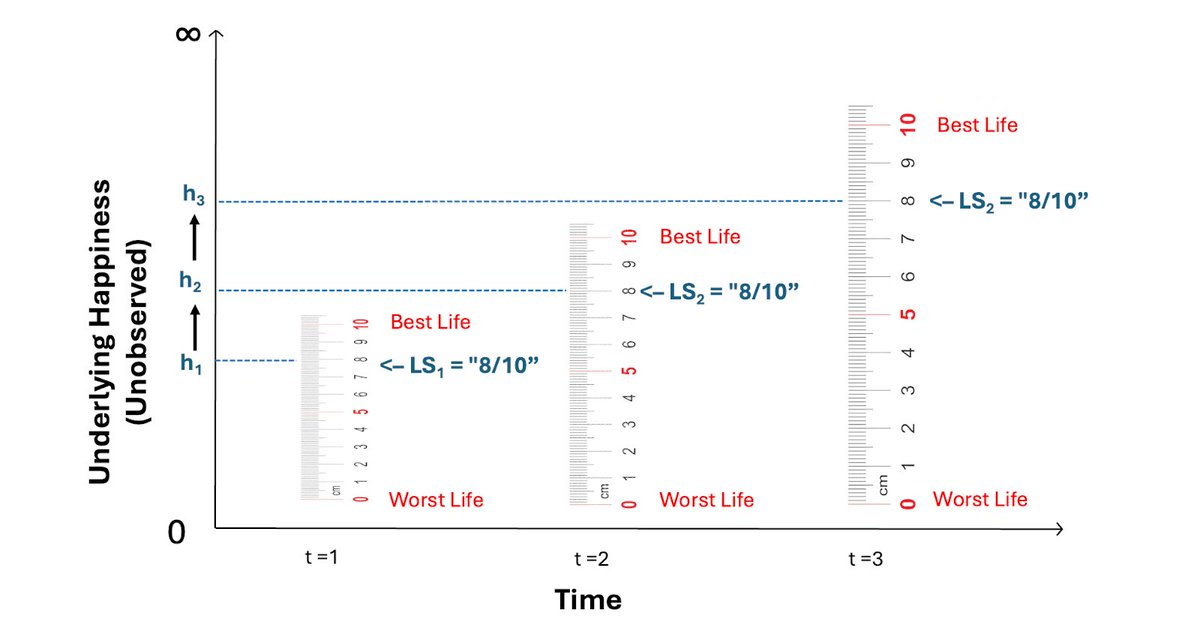
Basil Halperin
@BasilHalperin
Followers
7K
Following
100K
Media
408
Statuses
2K
Assistant professor of economics @UVA; Past lives: PhD @MITEcon, @Uber, @AQRCapital, @UChicago
Joined January 2012
Introducing the Stripe Economics of AI Fellowship:. The economics of AI remains surprisingly understudied. The fellowship aims to help fill that gap, by supporting grad students and early-career researchers with $, data, a conference, and community –
28
185
1K
Did someone say global long-term interest rates are going up? 🤔🤔🤔. Very fun deep dive with Gus on our paper about AI pushing up rates!
📻 Economist @BasilHalperin on the latest FLI podcast episode:.📢 "It's hard to get away from the idea that there will be skyrocketing inequality in a truly transformative AI scenario, but skyrocketing inequality might still be consistent with everyone being better off.". 🔗
4
7
39
Earlier nice work by Charlie on happiness and income.
Nice independent replication with UK data of the Killingsworth-Kahneman (2022) adversarial collaboration again finding that:. Happiness increases with log income (correlationally), except for those in the bottom quartile or two of happiness where, happiness flattens out at ~$60k
0
0
10
Data: "German SOEP panel (1991–2022, ~650k observations)".Paper: Blog post:
forum-bots.effectivealtruism.org
Around 1 month ago, I wrote a similar Forum post on the Easterlin Paradox. I decided to take it down because: 1) after useful comments, the method lo…
1
0
9
Adjusted happiness, in this data, would though show happiness growing faster than income, again pretty surprising
2
1
11
Charlie tests the rescaling hypothesis a different way: under the hypothesis, 'big life events' should have a smaller impact -later- in the timeseries. And indeed they do!, with the notable exception of bereavement
1
1
12
Anyway I had started this thread was to advertise the work of Charlie Harrison, from whom I stole the figure at the top of the thread, who is an excellent recent undergrad from UCL / now Oxford RA.
1
1
11
Latent happiness and GDP per capita both ~triple over 1959-2008, which unfortunately would suggest utility is linear is income.
2
3
21
Blue line: happiness this year.Green line: *next* year, how happy do you say you were *this* year. Blue > green: suggests rescaling!. Red line is 'latent happiness': growing the blue line by adjusting for the ratio between blue/green
2
3
17
They test it using newly digitized Gallup surveys of "how happy are you today".vs. "how happy were you 5 years ago".
1
0
10
Prati and Senik (2025) below discuss "the rescaling hypothesis", that if surveys ask for happiness on a scale of 0 to 10, then an "8" in 1990 is not the same as an "8" in 2020. Which is plausible if "10" is "the best life", and that has risen over time 1/n
5
38
229
More about the fellows and their great work on the fellowship website:
stripe.events
The economics of AI remains surprisingly understudied, even as technical progress in artificial intelligence continues rapidly. The Stripe Economics of AI Fellowship aims to help fill that gap by...
0
1
10
6/ The 2025 Stripe Economics of AI Fellows --. - Ali Merali, grad student at Yale, scaling laws for economic impacts. - Andrew Kao (, grad student at Harvard, geopolitics and new technologies. - Andrew Koh (@andrewjkoh), grad student at MIT, uncertain.
1
7
26
And a big thank you to all of our speakers: @tamaybes, @AlexTamkin, @ChadJonesEcon, @erikbryn, Natalia Ordaz Reynoso, @joel_bkr, @tylercowen, and @pawtrammell -- and @patrickc, @EmilySands, and Matt DeLand of Stripe.
2
0
18
5/ A big thank you to Stripe for hosting us at their wonderful, very plant-y offices!
1
0
18
(A more concrete value-add is access to Stripe data. excited to see what people do with that!). (Also more nebulously -- changing preferences, motivating people, and similar channels)
1
0
23
4/ And so the value-add of a fellowship like this is, perhaps ironically, less about relaxing budget constraints -- but more about agglomerating human capital. So, it was fantastic to see fellows absolutely nerd out about AI for 48 hours straight at our inaugural conference
2
0
27
(if there's any single institutional bottleneck to more good work in economics. it is plausibly the publication process and the journal system).
@btshapir @ecmaEditors I agree. There has been remarkably little innovation in economics publishing given the changes in technology. We will see whether this particular change works, but irrespective of whether it does, we should try more changes.
1
0
25
3/ In economics, the bottleneck to 'more good work' is not really funding and thus not something that can be attacked so easily with one motivated funder (a la @arcinstitute or Fast Grants in the life sciences).
1
0
19
2/ The fellows are 80% grad students, 20% early-ish APs. For this first cohort, we ended up taking folks with some existing work on the topic. The group is truly excellent -- check them all out on the website (and more info downthread):
stripe.events
The economics of AI remains surprisingly understudied, even as technical progress in artificial intelligence continues rapidly. The Stripe Economics of AI Fellowship aims to help fill that gap by...
1
0
20

















